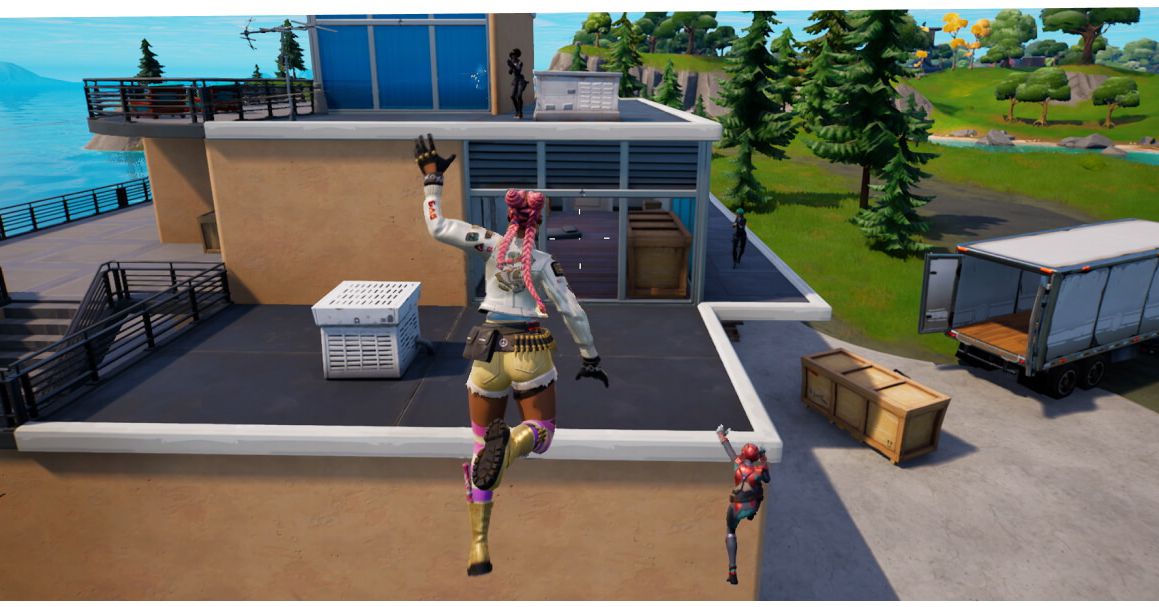LinkedIn is the latest company to get in on gaming
Photo: LinkedInLinkedIn is now in the gaming business. Starting today, users on the LinkedIn mobile app or on desktop can play one of three different games — Pinpoint, Queens, and Crossclimb. You’ll be able to play each game once...
/cdn.vox-cdn.com/uploads/chorus_asset/file/25427564/Copy_of_Pinpoint_Queens_Crossclimb_Start_Screen_Option_2__1920x1080.png)
LinkedIn is now in the gaming business. Starting today, users on the LinkedIn mobile app or on desktop can play one of three different games — Pinpoint, Queens, and Crossclimb. You’ll be able to play each game once per day, and after your daily session, you’ll get access to all kinds of metrics including your high score and daily streak, different leaderboards, and who in your networks has also played. The games are available here under the LinkedIn News and My Network section on desktop or the My Network tab on mobile.
Here’s a brief rundown of the three games.
Pinpoint is a word association game. The game will unveil five different words, and your job is to guess the category the words fit into. The words will reveal themselves on a timer with the objective being to guess the category in as few words as possible.
Crossclimb combines trivia with clever wordplay. You’ll be given a clue for a word, and with that word as a starting point, you’ll create a ladder of words with each subsequent entry being just one letter off from the one before. Arranging the words in the correct order will reveal the clue to guess the locked entries on the ladder to win the game. It’s probably better to see it in action:
GIF: LinkedIn
Finally, Queens is the most interesting game as it’s merely sudoku without numbers. Place queens on a grid such that no queens touch each other and there is a single queen in each row and column.
LinkedIn’s decision to get into puzzle games shouldn’t be surprising. Digital content businesses are struggling to make money with ad revenue shrinking and Google doing its level best to ensure you never click on a valuable link again. Adding a slate of “gaming” content, then, has proven hugely valuable. It offers a unique way for businesses to capture new users and engage older ones before eventually getting both to spend money they otherwise wouldn’t.
According to Axios, New York Times games were played over 8 billion times last year with more than half of those plays belonging to Wordle, the guess-the-word game the Times acquired in 2022. The Times offers subscription packages for its games by themselves or in a more expensive All Access package that bundles games with other New York Times content. In an interview with Digiday, the publisher’s head of games, Jonathan Knight, explained how gaming subscriptions have helped the Times grow and keep users. “If you’re a subscriber, and on any given week, you engage with both news and games, the likelihood that you’re going to retain [your subscription] over a long period of time is much higher.”
Other publications are following similar paths. Late last year, Hearst, which publishes magazines and newspapers across the country, acquired Puzzmo, a puzzle game platform that includes games like SpellTower and Really Bad Chess. And the trend isn’t limited to digital news organizations as Netflix’s gaming endeavor continues to grow, adding exclusive mobile versions of popular games like Hades and Sonic Mania Plus.
LinkedIn isn’t charging for its games yet. Rather, they seem to be a way to keep users engaged on the platform. In addition to displaying a person’s high score and daily streak, LinkedIn will show who in a person’s connections has also played as well as school and company leaderboards. Lakshman Somasundaram, LinkedIn’s product director, said in the press release, “It’s time we turn over a new leaf in how we deepen and reignite relationships at work, and put fun at the heart of it.”

 ValVades
ValVades 
































